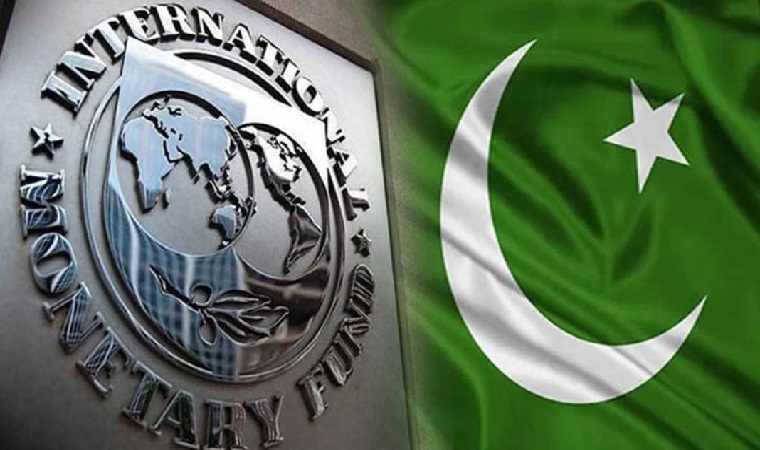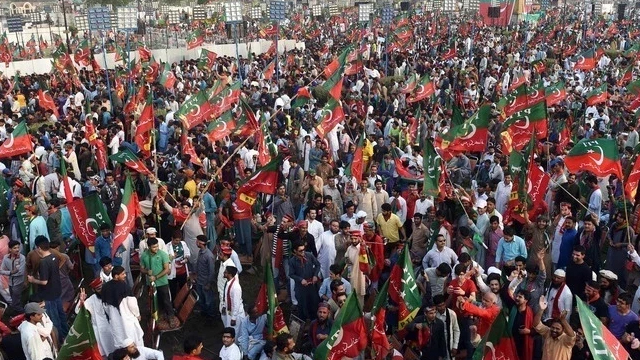Popular News
IMF review report seeks major reforms in Energy policy

The International Monetary Fund (IMF) issued first review report under the Stand by Arrangement with Pakistan.
The IMF has detailed structural reforms – must have reforms in order to complete the IMF – SBA as well as for enabling Pakistan for further programs. The reforms have been advised in fiscal policy, monetary and exchange, structural (SOE , climate), energy and social policy.
The IMF has asked for the full phasing out of captive power usage, which reduces demand for electricity generated in the grid, forces electricity tariffs of grid consumers to cover unused capacity, and exacerbates power sector liquidity pressures.
The use of captive power generation to a conclusive end by January 2025.
The IMF has also asked to establish a more level playing field among non-household consumers, including by eliminating cross-subsidies to fertilizer producers and favorable rates for well-connected industries.
IMF has also urged the GoP to move to reduce price disparities between regions and industries, and within industries.
This will include: (i) gradually seeking moving toward prices provided to the fertiliser sector that are closer to cost-recovery.
Gas provided to a section of the fertiliser sector receives a large cross-subsidy from industry and upon expiry of the current fixed concession fee tariff agreement; the cross-subsidy will end in March 2024; (ii) equalising rates between export and non-export industries.
Furthermore , it asked for the formalization of a circular debt stock reduction plan.
The IMF said that the protection of the most vulnerable through lifeline and protected power and gas tariff slabs must continue until, over the longer term, they can effectively be replaced by a targeted Benazir Income Support Program (BISP) scheme.
The report highlighted that the gas sector’s Circular Debt stock has increased considerably, to an estimated Rs2.084 trillion (2.5% of GDP) at end-FY23, from Rs1.623 trillion (2.4% of GDP) at end-FY22, quickly approaching that of the power sector.










